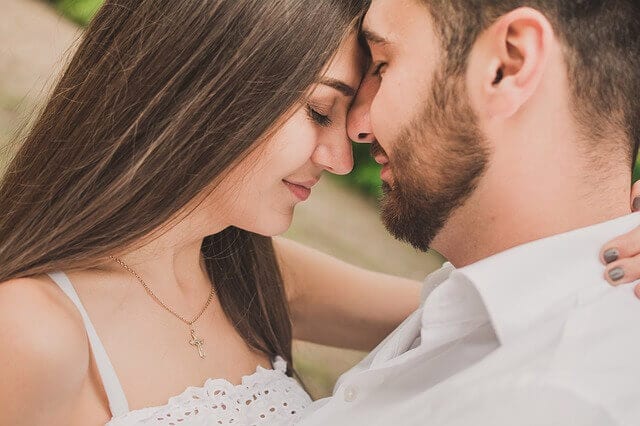Have You Heard Of The Attachment Style Theory?
I have just finished reading the book Attached by Amir Levine and Rachel Heller and found it super helpful in understanding why some people are hyper-focused on intimacy and others push it away.
Dependency Is Not A Bad Word
Numerous studies show that once you become attached to someone by being in a romantic relationship, the two of you form both an emotional and physical bond.
Studies show our partner’s presence actually regulates our blood pressure, heart rate, breathing and hormone levels.
Even though it is not popular to believe, dependency is a fact, not a choice or preference.
When you feel as if you are supported by your partner, studies have shown you will you feel as if you can conquer the world – have increased self esteem, feel like you can take risks and pursue your dreams.
Feeling secure with your partner means they are are dependable, empathetic and make you feel safe, especially during hard times.
If you don’t feel secure that your romantic partner truly believes in you, supports you and will be there in times of need, then you will find it harder to be focused and fully engage in life.
Finding the Right Person To Depend On
Our brain assigns our partner as an emotional anchor and safe haven – you are programmed to seek them out emotionally.
When your partner is unable to meet your basic attachment needs, you will experience a chronic sense of tension and unease that leaves you exposed to not only less emotional well-being, but it also affects our physical health.
There is no way around it, your partner not only influences how you feel about yourself, but also affects the degree to which you believe in yourself and whether you attempt your hopes and dreams.
Having a partner who is not consistently available or supportive can be demoralizing and debilitating and can literally stunt your growth and stymie your health.
What Is My Attachment Style In My Relationship?
First step to understanding the dynamics of your relationship is to get to know yourself and your partner from an attachment perspective.
Knowing your specific attachment style will help you understand yourself better and guide you in your interactions with your romantic partner or potential partner.
Ideally it will result in more happiness in your relationships.
It was very eye opening for me and tremendously helped me understand why I did what I did in my relationship.
3 Attachment Styles
Here are the 3 attachment styles:
ANXIOUS:
You love being close to your partner and have the capacity for great intimacy.
You often fear your partner does not want to be close to you.
Relationships tend to consume a large part of your emotional energy.
You tend to be very sensitive to small fluctuations in your partner’s moods and actions. You take your partner’s behaviors very personally.
You experience a lot of negative motions and get easily upset.
As a result, you tend to act out and say things you regret. If the other person provides a lot of security and reassurance, you are able to shed much of your insecurity and feel contented.
SECURE:
Being warm and loving comes naturally to you.
You enjoy being intimate without becoming overly worried about your relationship and don’t easily get upset.
You effectively communicate your needs and feelings to your partner and are strong at reading their emotional cues and responding to them.
You share your successes and problems with your mate and are there for them in their need.
AVOIDANT:
It is very important for you to maintain your independence and self-sufficiency and often prefer autonomy to intimate relationships.
Even though you want to be close, you feel uncomfortable with too much closeness and tend to keep your partner at arm’s length.
You don’t spend much time worrying about your romantic relationships or about being rejected.
You tend not to open up and your partner often complains you are emotionally distant.
You are on high alert for any sign of control or impingement on your territory.
What If You Are Not Sure Of Your Attachment Style?
Two elements determine your attachment style:
- Your comfort with intimacy and closeness or the degree which you avoid intimacy
- Your anxiety about your partner’s love and attentiveness and your preoccupation with the relationship.
Click here to read the next blog post to figure out your partner’s attachment style.
If you think your or your partner’s attachment style is causing issues in your relationship, click the graphic below and let me help you learn ways to create a more secure attachment with your partner.






Recent Comments